|
My cousin, Nathan, who has good taste in movies (unlike me), recommended I watch Nightcrawler. He said the film was excellent, and Jake Gyllenhaal’s acting was superb. One day, while sifting through uncased DVDs at a thrift store, I found a copy of Nightcrawler for 25 cents. I triumphantly brought it back to my home. I was going to savor this movie, so I made popcorn, poured a glass of wine, and waited until it got dark. To kill time, I watched Jupiter Ascending, and let me tell you, it made for a weird double feature.
In Nightcrawler, Lou Bloom (Jake Gyllenhaal) is an unemployed man with loose morals and a huge business vocabulary. After a chance encounter on the freeway, he decides to pursue a career as a freelance crime videographer. He listens to police radios, races to the scene of a crime, tapes the gory footage, and sells it to a local news channels, headed by Nina (Rene Russo). Finding his calling, Lou intends to grow his freelance business, but to do so he’ll need to take greater risks and push the boundaries of the law. Nightcrawler is tense, tense, tense, to the point I frequently had to stop the movie just to take a breather. It was well-crafted on every level: great acting, beautiful cinematography, complex characters, tight plot, and clear themes. Granted, those themes are extraordinarily dark and cynical--but damn if the movie didn’t know what it wanted to say and hammer in that point. It was a brilliant film that I never want to see again because it was just too hard to watch. (Although I try not to include any major spoilers, my review does mention key details and give away the ending to Nightcrawler in a very general way. I recommend watching the movie first.)
0 Comments
It was a gloomy Saturday afternoon, and I had notes to type, so I scanned Netflix for a movie to put on. I wanted something that would not be involving, something that could function as background noise. I spied Jupiter Ascending. I had never seen the movie, but I knew its reputation--oh, boy did I know. A $176 million dollar bomb by the Wachowskis, it was eviscerated by critics and audience alike. I had already read a long and snarky, point-by-point summary of it and seen enough parodies to know the general plot, so I figured it wouldn’t take up too much of my attention.
I should have known better. Jupiter Ascending is the story of Jupiter Jones (Mila Kunis), a poor Russian immigrant living in Chicago, who finds herself unwittingly caught up in a power struggle that spans the universe. A powerful race of advanced humans have discovered a way to keep themselves young and beautiful forever by using other humans to create an immorality serum. This is a lucrative industry, with the Abrasax family “seeding” planets with humans and “harvesting” them when the population reaches its peak. Earth currently belongs to Balem Abrasax (Eddie Redmayne), the eldest of three siblings, who plans to decimate Earth’s population in the near future. But there’s a wrinkle. Jupiter Jones is the genetic match of the now-deceased matriarch of the Abrasax family, the matriarch’s “reincarnation,” so to speak. As such, she can stake a claim to the Earth--provided she can survive the plotting of the three Abrasax siblings. Aided by Caine Wise (Channing Tatum), a genetic “splice” of human and dog DNA, Jupiter Jones learns what makes her special (her genetic code), finds love, and learns to appreciate the miserable life she has on Earth. Jupiter Ascending is an uneasy mixture of Star Wars and Twilight, with a dash of 2001: A Space Odyssey and dollop of Cinderella. It has way too many ideas and most of them are under-baked. It doesn’t know what it wants to be or what it wants to say. Without a core to hold it up, it stumbles from one incident to the next. The characters are cardboard-thin. Jupiter gets the most development and the most sympathy, but also spends most of her screen time being a damsel in distress, getting tricked, and/or trying to flirt with Caine using cringe-inducing banter. The action and cinematography have the glossy competence of a Hollywood blockbuster, and the sets and costumes are absolutely beautiful. It’s not good, but it’s also harmless and forgettable fluff. What ended up tearing my attention from my typing and forcing me to watch the film was not so much the movie itself, which, for all its explosions, was pretty boring. No, it was the meta question: “What went wrong?” Because skimming the surface of the film, it seemed like a pretty standard movie. A high concept idea, generic action set pieces, a forced romantic subplot, pretty visuals. About midway through, I started getting into it. I wouldn’t say it’s a good movie, but it’s a movie I had some affection for, unlike, say, The Meg, which I found generic, dull, and unambitious. Yet Jupiter Ascending was ridiculed and reviled. Why? (From this point on there will be spoilers. I will not be doing a point-by-point summary, but I will give away the ending. You have been warned.)
Title: House of Echoes Author: Brendan Duffy Genre: Fiction, Horror Summary Life in the city has become strained for Ben and Caroline Tierney, so when Ben’s grandmother dies and leaves him property in the remote New England village of Swannhaven, they decide that this is the place for a fresh start. They sink their savings into the Crofts, a magnificent old house they hope to renovate into an inn. But their new beginning is marred when dead animals start appearing in the forest--and on their front porch. Strange cries erupt from the house when the wind blows, and their eldest boy, Charlie, spends more and more time alone in the woods. As Ben, a novelist, begins researching the town, he finds a troubling history of tragedy: mysterious fires, missing children, and a terrible winter of starvation from the time of the American Revolution. It is a history deeply linked with his own family. Alas, Ben is about to discover that not everything in the past stays buried. Review I picked up this book at Barnes and Noble, because I was interested in reading a horror book, and I liked the idea of an old inn in a (possibly) haunted woods. After skimming the first chapter, I noted that the prose was smooth and clear, and the strained family relationship intrigued me. I bought House of Echoes, and I’d read a chapter or two in the evening, while taking a bath or before going to sleep. |
Rebecca LangWriter. Critic. Dreamer. Archives
January 2021
Categories
All
|
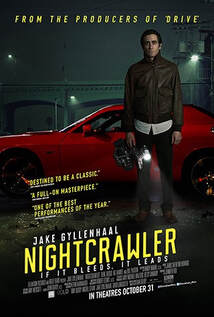

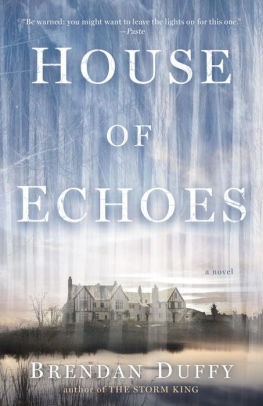
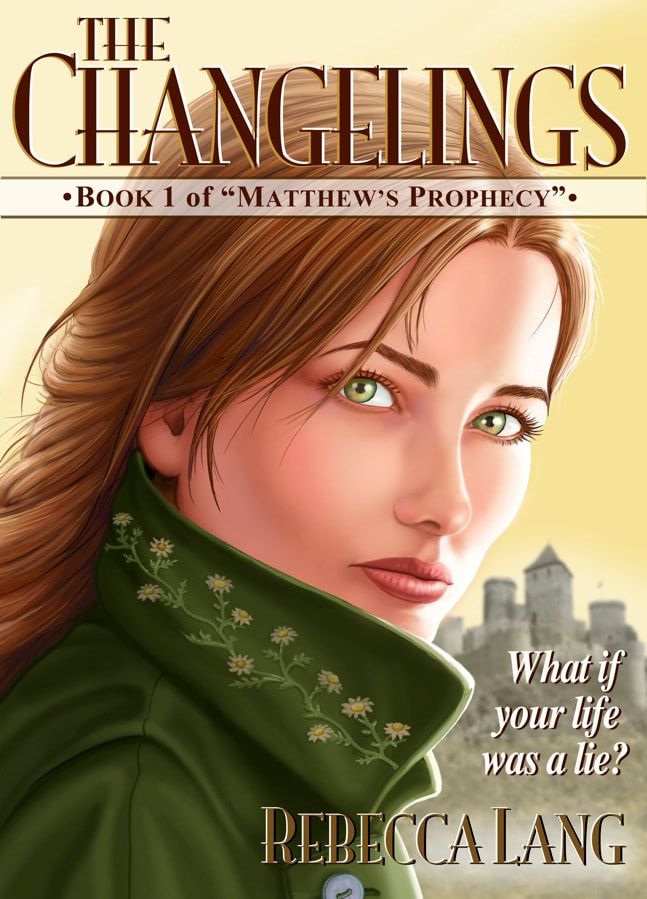
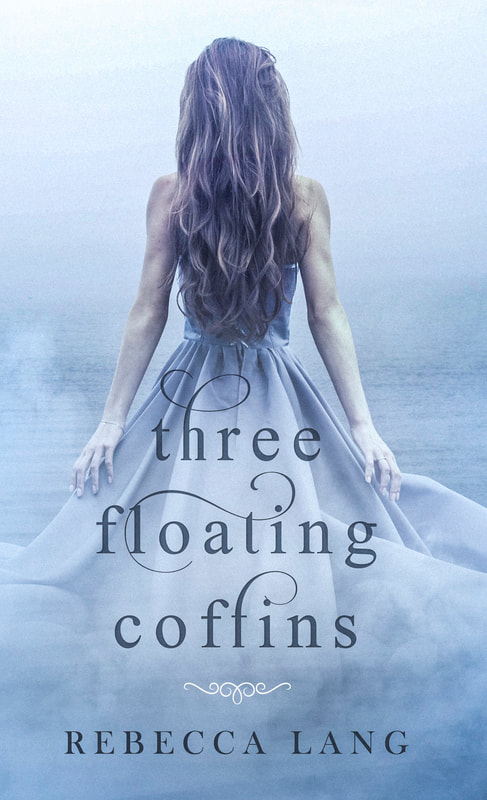
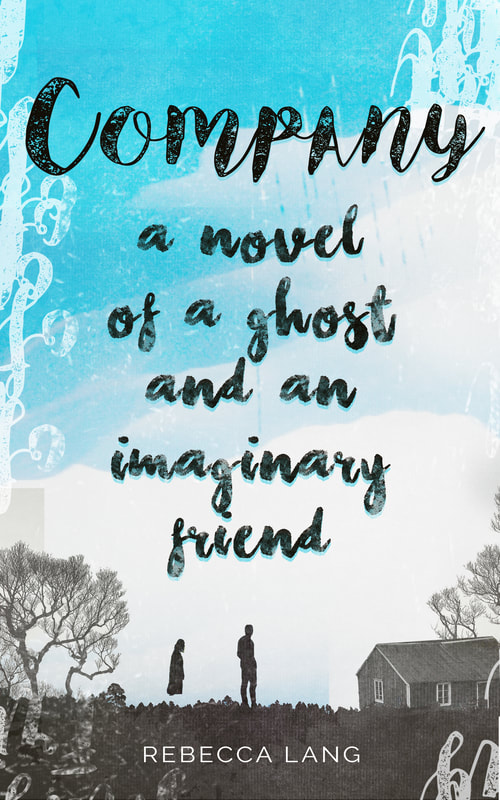
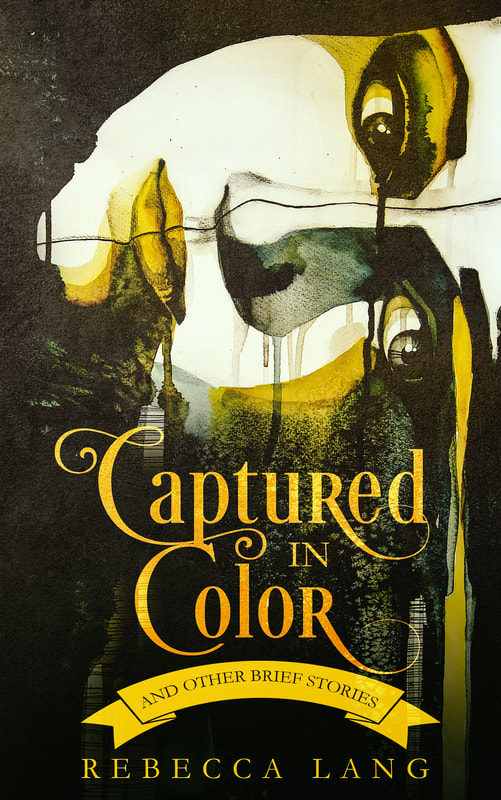
 RSS Feed
RSS Feed